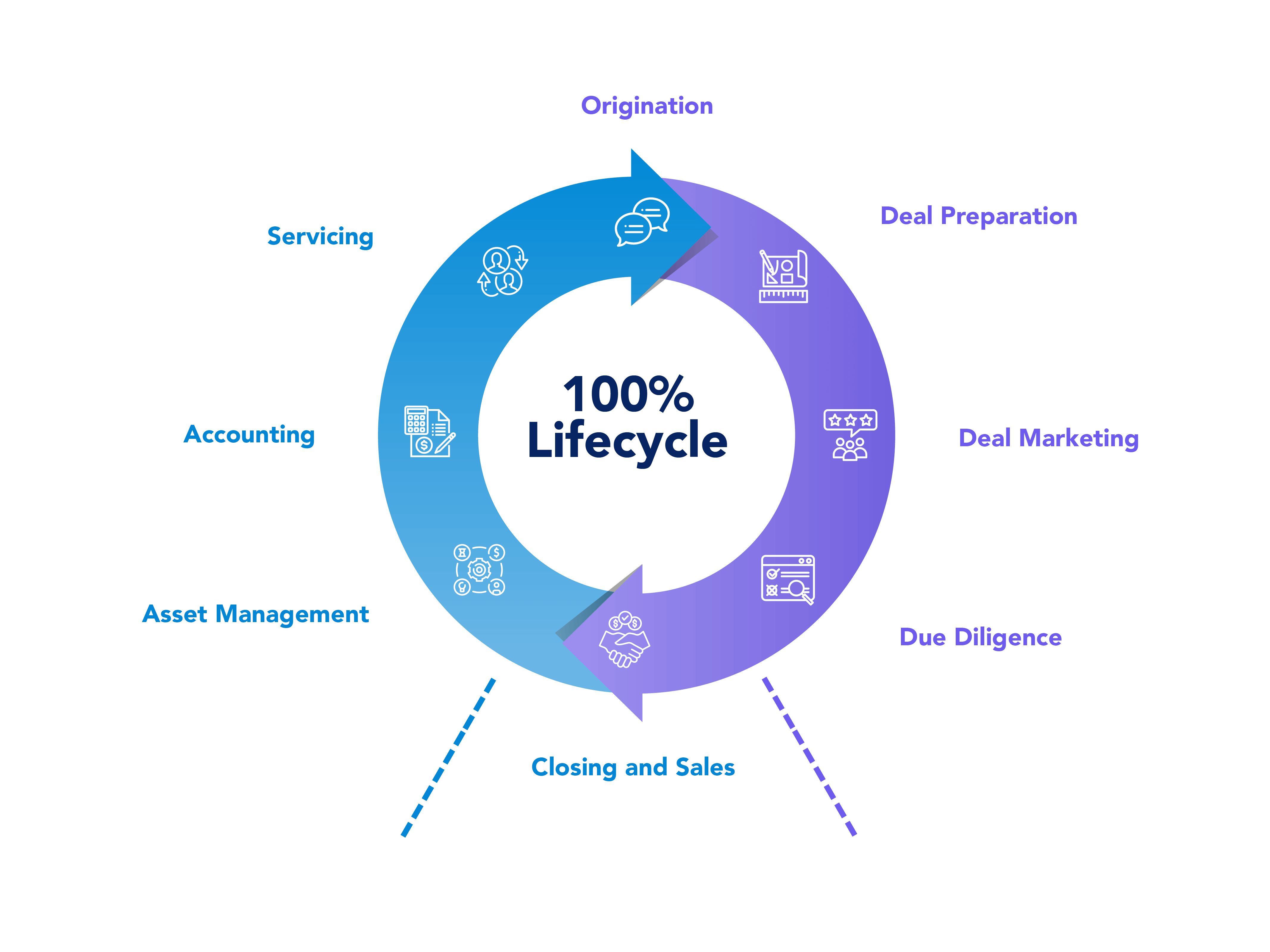Artificial intelligence
Benefits of Accounts Payable Automation
Key benefits of Accounts Payable Automation: reducing processing time with faster workflows, cutting operational costs by optimizing expenses, ensuring compliance with industry regulations, and seamless ERP integration for smooth financial operations.
Sep 8, 2024
The Strategic Benefits of Accounts Payable Automation and ERP Integration in Financial Services & Insurance
Managing high volumes of supplier invoices and payments in the financial services and insurance sectors is crucial. Still, it can be more manageable if handled manually. Automating the accounts payable (AP) process offers an opportunity to streamline operations while integrating seamlessly with leading ERP systems. Here, we explore the three core benefits of automating AP—time, cost, and compliance—along with the importance of ERP integration for a complete, efficient solution.
Time Savings: Boosting Operational Efficiency
Automating accounts payable significantly reduces the time spent on repetitive, manual tasks like data entry, invoice matching, and payment approvals. For companies handling hundreds or thousands of invoices each month, automation provides:
Faster invoice approvals through streamlined workflows.
Reduced manual intervention for matching purchase orders and invoices.
Fewer delays are caused by human error or misplaced paperwork.
Due to timely payments and improved processing speed, financial services and insurance firms can focus on higher-value activities while saving time and maintaining more robust supplier relationships.
Cost Reduction: Maximizing Your ROI
One of the immediate benefits of AP automation is cost reduction. By cutting down on manual tasks and moving away from paper-based processes, organizations can save:
Labour costs can be minimized by minimizing human involvement in AP processing.
Physical storage costs through digital document management.
Errors that lead to costly overpayments or delays in processing.
Additionally, companies can capture early-payment discounts and avoid late-payment penalties, positively impacting the bottom line. The overall operational efficiency and cash flow improvement strengthens the return on investment (ROI) from implementing AP automation.
Compliance and Risk Management: Reducing Regulatory Burdens
Ensuring compliance is critical in highly regulated sectors like financial services and insurance. AP automation enhances compliance and reduces risk through:
Real-time audit trails of all transactions for better transparency.
Adherence to internal controls and approval workflows.
Fraud detection and prevention through automated checks.
These features ensure that organizations comply with regulations, mainly across multiple jurisdictions. The transparency provided by AP automation makes audits more manageable and reduces the risk of fines due to non-compliance.
Seamless ERP Integration: Ensuring End-to-End Automation
Integrating AP automation with enterprise resource planning (ERP) systems ensures that financial data flows seamlessly throughout the organization. In the Iberian Peninsula, where the most prominent companies rely on major ERP platforms, AP automation tools can be integrated with:
SAP is popular for large enterprises, particularly in finance and insurance.
Microsoft Dynamics 365: Flexible and scalable, Dynamics 365 supports financial and operational processes.
Sage X3: Used widely by mid-sized businesses, Sage X3 offers financial solid management capabilities.
Oracle ERP Cloud: A powerful tool for organizations with complex, multinational financial operations.
This seamless integration ensures that all financial data remains consistent across systems, providing real-time insights, reducing manual interventions, and improving overall decision-making. By integrating with these leading ERP platforms, companies can unlock the full potential of their AP automation, driving efficiency across their entire organization.
Ready to Optimize Your Accounts Payable?
By automating your accounts payable and integrating it with your existing ERP—whether SAP, Microsoft Dynamics, Sage, or Oracle—you can experience substantial benefits in time savings, cost reduction, and compliance management. Request a demo today to explore the full capabilities of AP automation and receive a comprehensive Total Cost of Ownership (TCO) study tailored to your organization's specific needs.




